
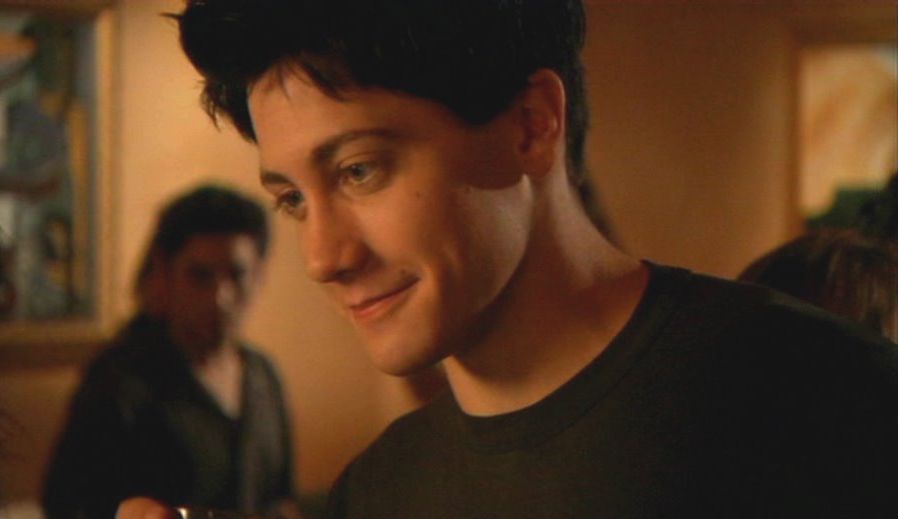 Jake Gyllenhaal in "Lovely and Amazing" (2001).
Jake Gyllenhaal in "Lovely and Amazing" (2001).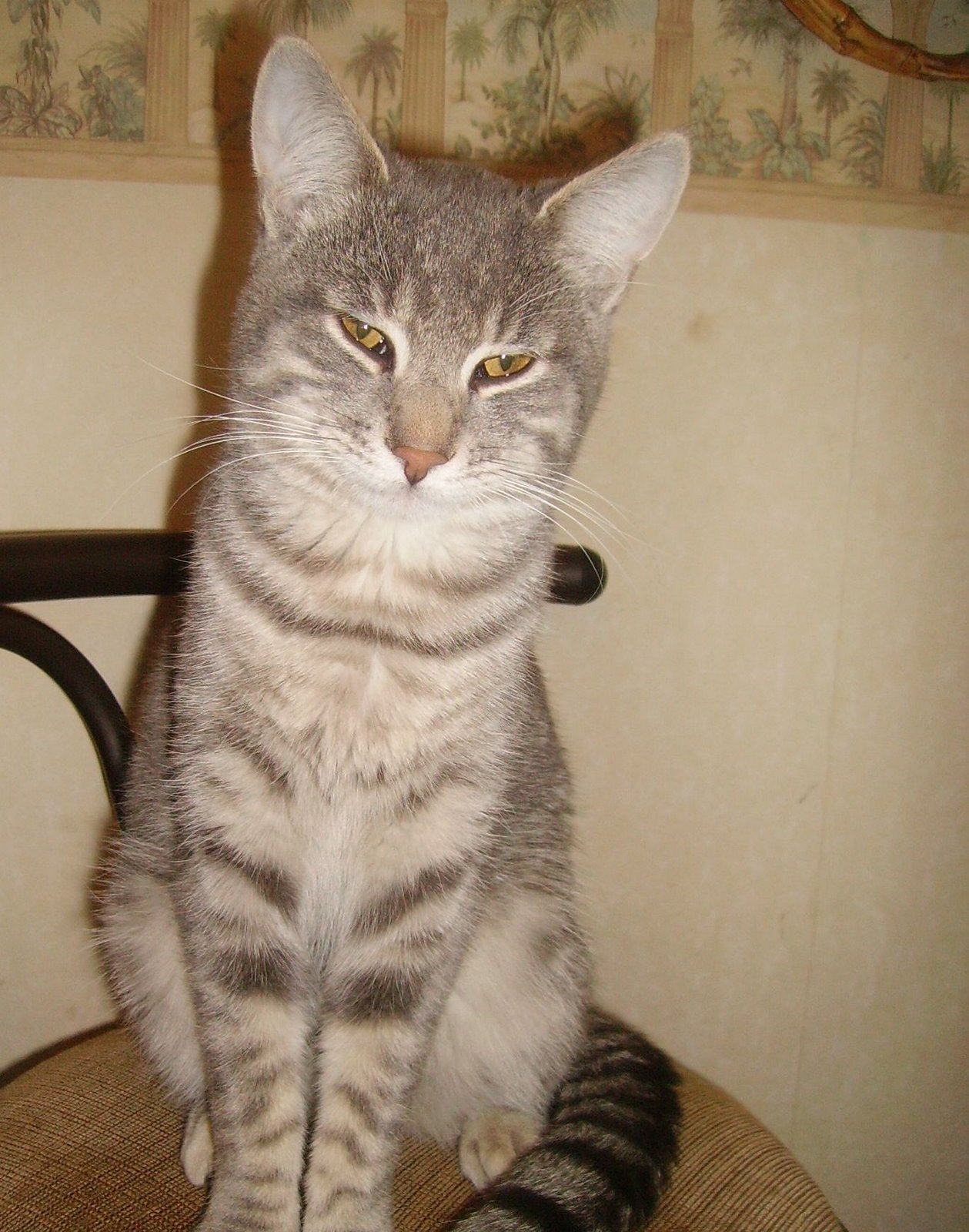
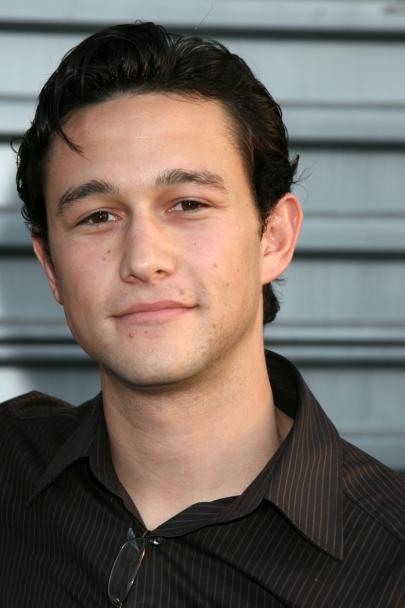 Joseph Gordon-Levitt.
Joseph Gordon-Levitt.
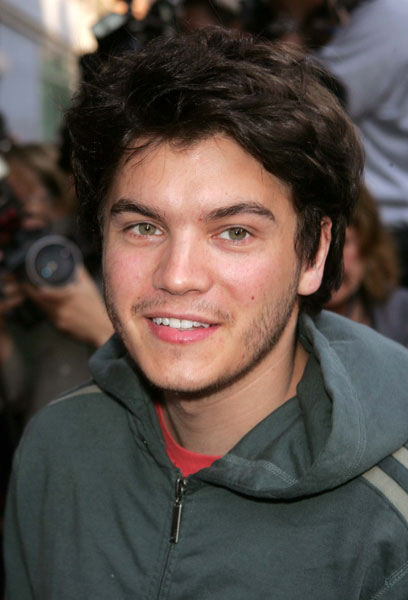 Emile Hirsch.
Emile Hirsch.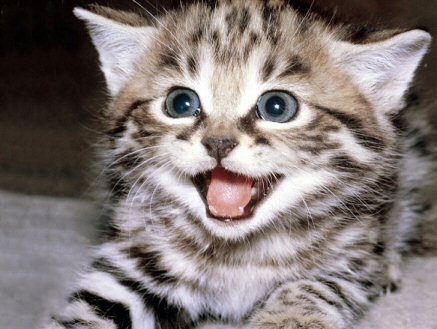
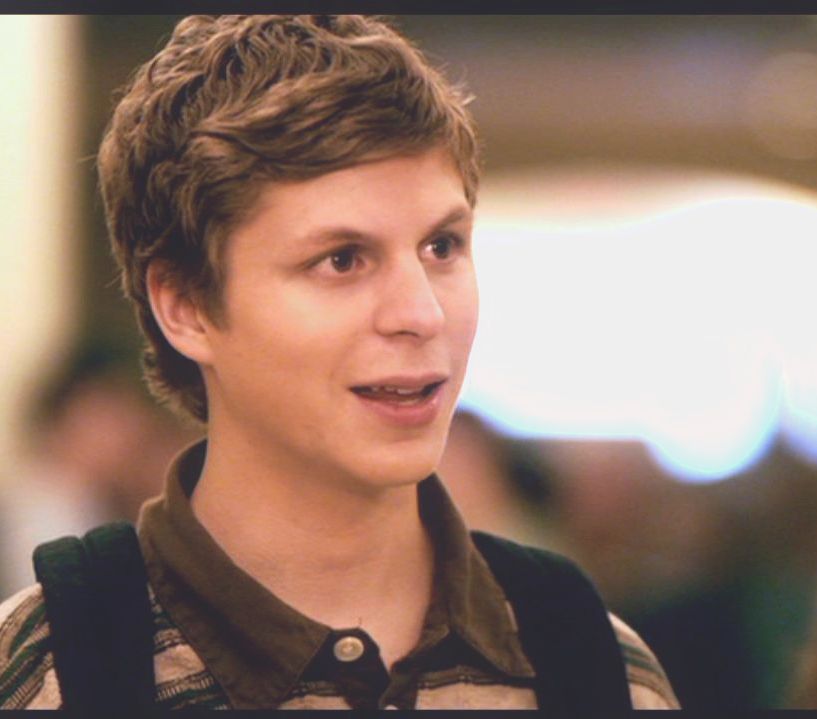 Michael Cera in "Superbad" (2007).
Michael Cera in "Superbad" (2007).
TAKING A WALK ON THE FILMIC SIDE, TRANSITING THE VINTAGE ROADS.
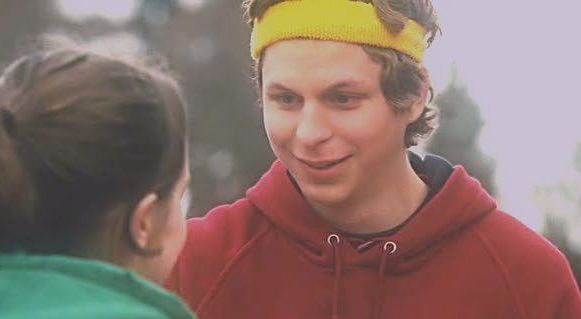 "Michael Cera is probably the only human being who could have played Bleeker, and play him he does."
"Michael Cera is probably the only human being who could have played Bleeker, and play him he does."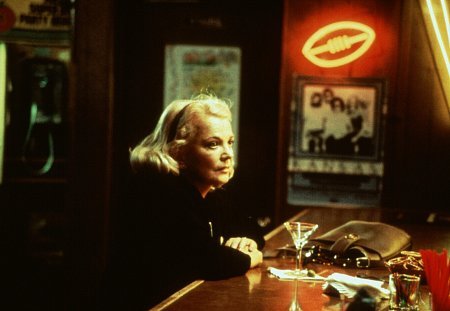 Gena Rowlands, she is one of my preferred actresses. She's made so many atypical movies, it's difficult choosing one above the rest, but the warmest one for me was "Minnie and Moskowitz" (1971), no doubt, due to this exhaustive, awkward and particular courting by Seymour (Seymour Cassel) and every dialogue bringing on heartfelt conversations, ice-creams dates, neurotic chatting, until the scene when she opens her battered heart and confesses him she's always torn between strong and weak people, how some of them get her bored or depressed, and although she considers herself a genius standing out the rest of women, she wants to give up. But her loneliness and her suffering are rejected in the act by Seymour.
Gena Rowlands, she is one of my preferred actresses. She's made so many atypical movies, it's difficult choosing one above the rest, but the warmest one for me was "Minnie and Moskowitz" (1971), no doubt, due to this exhaustive, awkward and particular courting by Seymour (Seymour Cassel) and every dialogue bringing on heartfelt conversations, ice-creams dates, neurotic chatting, until the scene when she opens her battered heart and confesses him she's always torn between strong and weak people, how some of them get her bored or depressed, and although she considers herself a genius standing out the rest of women, she wants to give up. But her loneliness and her suffering are rejected in the act by Seymour. 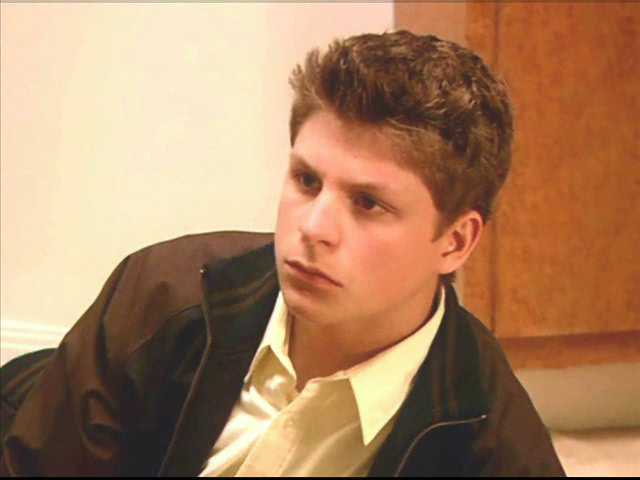 For me walking one of these paths, acting oblivious to the patterns, is the deadpan style.
For me walking one of these paths, acting oblivious to the patterns, is the deadpan style."one of the most authentic and hilarious high school films in memory. It's a time capsule back to the ennui and trepidation of second-semester senior year, when young lives approach a crossroads, and a sense of urgency to grow up as quickly as possible slams into a longing to stay a kid forever".
Review of "Superbad" by Phil Villarreal (Arizona Daily Star)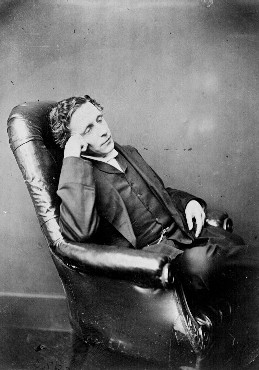 "Lewis Carroll, the man, had found a way of never growing up, never dealing directly with his love for the child Alice, who becomes for us all, as the readers and listeners, our own inner child". Source: query.nytimes.com
"Lewis Carroll, the man, had found a way of never growing up, never dealing directly with his love for the child Alice, who becomes for us all, as the readers and listeners, our own inner child". Source: query.nytimes.com
"I had sent my heroine straight down a rabbit-hole ... without the least idea what was to happen afterwards". -Lewis Carroll
Source: home.clara.net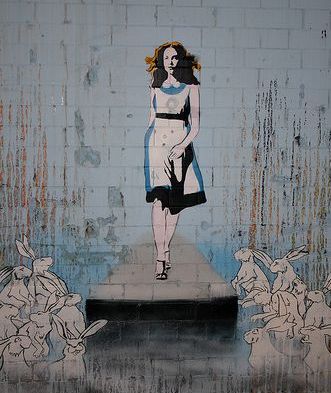 "To descend down a rabbit hole, to push through a mirror in a drawing room, to enter that "other world" of the imagination -- this is Alice's destiny, as it might be said to be our collective destiny, if only we value it and cultivate it. For the artist of any kind, the experience is life itself. What is most wonderful about the "Alice" tales, for a child reader at least, is that though they contain nightmare material, and are, intermittently, really quite frightening, Alice triumphs in the end; she retains a fundamental reason, fair-mindedness and sense of justice, as well as a necessary sense of humor, and at the end of both adventures she "wakes" to her real life". Source: www.salon.com
"To descend down a rabbit hole, to push through a mirror in a drawing room, to enter that "other world" of the imagination -- this is Alice's destiny, as it might be said to be our collective destiny, if only we value it and cultivate it. For the artist of any kind, the experience is life itself. What is most wonderful about the "Alice" tales, for a child reader at least, is that though they contain nightmare material, and are, intermittently, really quite frightening, Alice triumphs in the end; she retains a fundamental reason, fair-mindedness and sense of justice, as well as a necessary sense of humor, and at the end of both adventures she "wakes" to her real life". Source: www.salon.com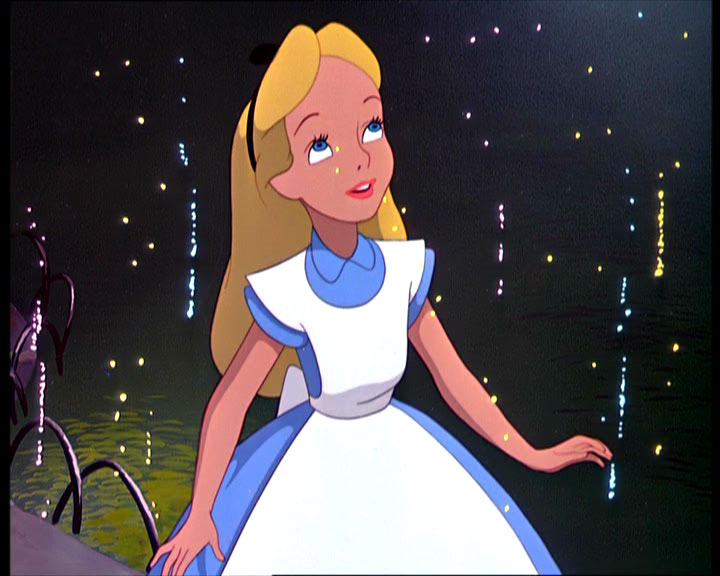 "Alice in Wonderland is a Victorian fantasy about the pains and perils of growing up. I have discarded the traditional masks to reveal an enduring melancholy". Source: home.clara.net
"Alice in Wonderland is a Victorian fantasy about the pains and perils of growing up. I have discarded the traditional masks to reveal an enduring melancholy". Source: home.clara.net
"Cera seems to be one of the few child actors who accrued melancholic depth during his apprentice years, as opposed to the usual brash arrogance".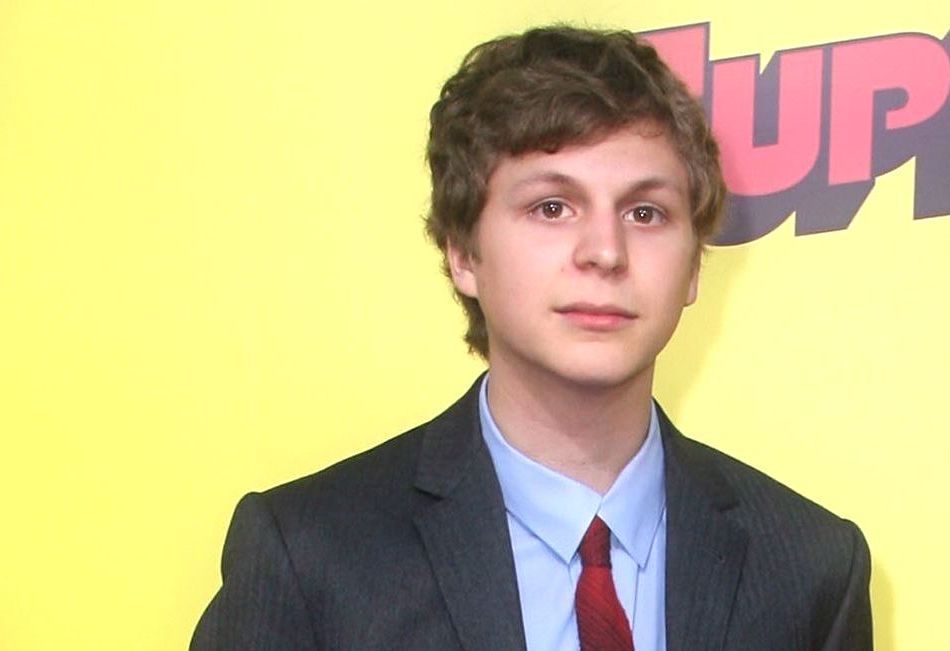 "Well, yeah, I never was good at that", he deadpans.
"Well, yeah, I never was good at that", he deadpans.
"I have difficulty in excelling."
[...] Cera is most excited about his upcoming role as cynical, sex-obsessed teenager Nick Twisp in the movie adaptation of CD Payne's blackly comic picaresque, "Youth In Revolt".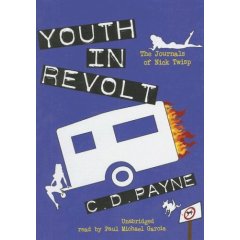 "It's the world view of cynical old man inside this kid. But that's perfect because that's exactly like me!"
"It's the world view of cynical old man inside this kid. But that's perfect because that's exactly like me!"
Source: film.guardian.co.uk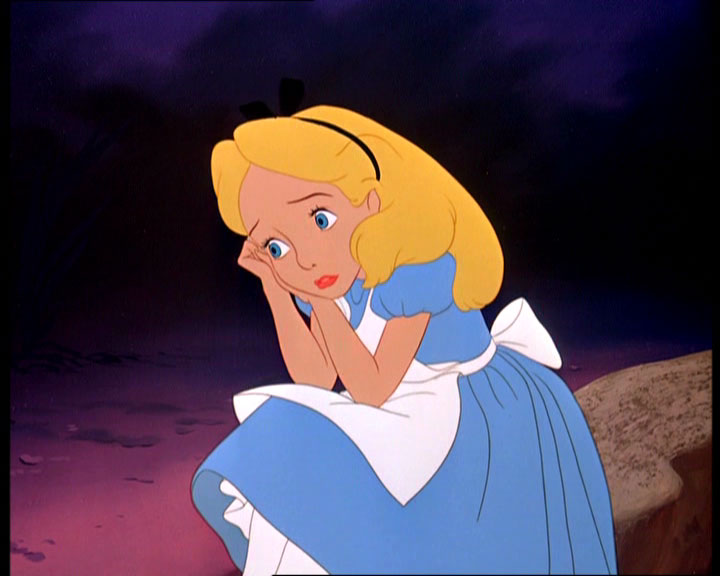 "As Martin Gardner puts it, Carroll is perhaps unique in literary history in combining "complete sexual innocence with a passion that can only be described as thoroughly heterosexual". Source: www.studyworld.com
"As Martin Gardner puts it, Carroll is perhaps unique in literary history in combining "complete sexual innocence with a passion that can only be described as thoroughly heterosexual". Source: www.studyworld.com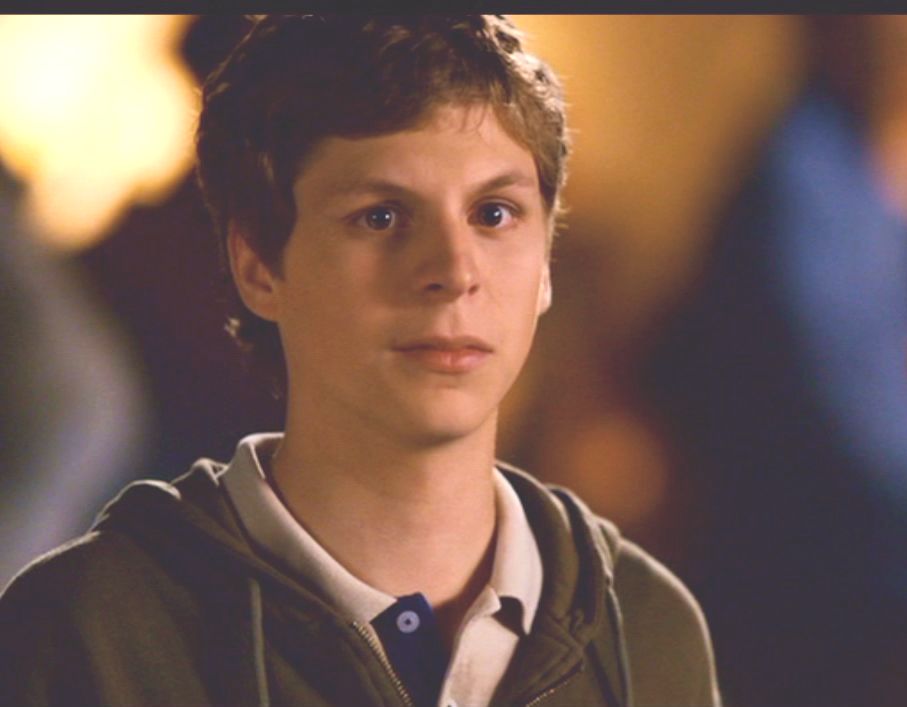 "You may know him as the undersexed ragamuffin high school student depicted in Superbad, but don't pass judgment on 19-year-old actor Michael Cera just yet, there's many more sides to the blossoming actor's humorous personality.
"You may know him as the undersexed ragamuffin high school student depicted in Superbad, but don't pass judgment on 19-year-old actor Michael Cera just yet, there's many more sides to the blossoming actor's humorous personality. 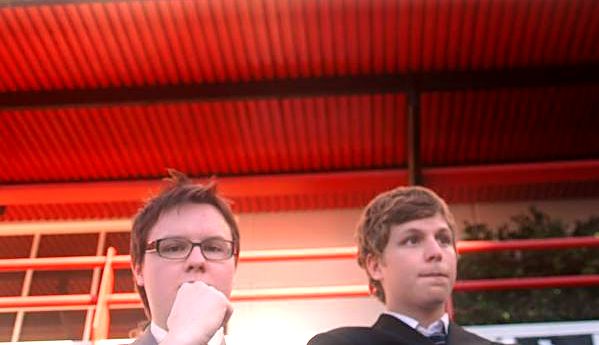 And one of them, in addition to co-starring with Clark Duke in popular web series Michael and Clark, is SoCal-based threesome the Long Goodbye" Source: www.spin.com
And one of them, in addition to co-starring with Clark Duke in popular web series Michael and Clark, is SoCal-based threesome the Long Goodbye" Source: www.spin.com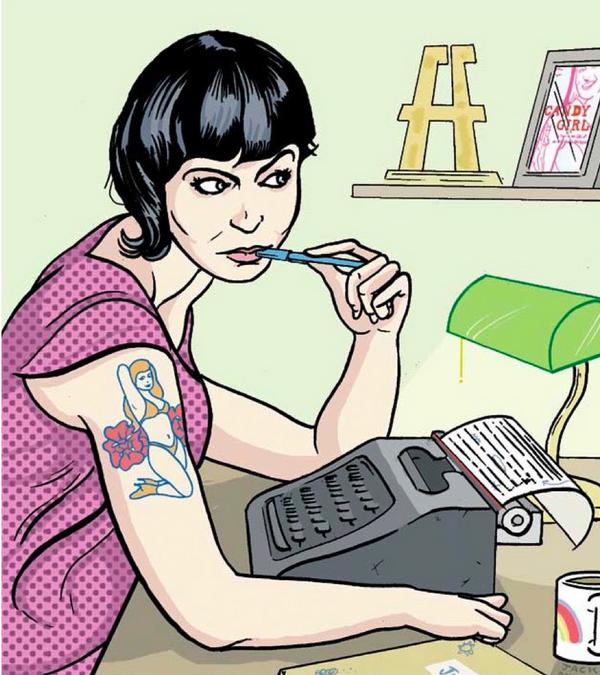 "while finding traces of reality in the world might be somewhat difficult whilst being distracted by the gaggle of golden colored runners who are continually running through the frame, while girls in high school don’t generally have such silvered tongues that they employ in the midst of Diablo Cody’s charming vulgarity, while the tone of the movie stretches us past the breaking point of things that we might call reality... it never plays a false note"
"while finding traces of reality in the world might be somewhat difficult whilst being distracted by the gaggle of golden colored runners who are continually running through the frame, while girls in high school don’t generally have such silvered tongues that they employ in the midst of Diablo Cody’s charming vulgarity, while the tone of the movie stretches us past the breaking point of things that we might call reality... it never plays a false note"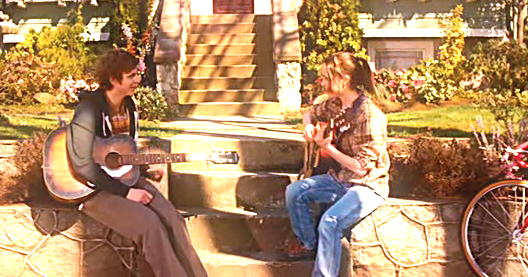 "we come to the final, unbroken shot of the movie -- when we came to that, I stared, transfixed, at one of the most romantic images that I’ve seen in a good, long, time. It was like it was reaching out to me, one final gesture, taking a moment to whisper into my ear". Source: planetfool.blogspot.com
"we come to the final, unbroken shot of the movie -- when we came to that, I stared, transfixed, at one of the most romantic images that I’ve seen in a good, long, time. It was like it was reaching out to me, one final gesture, taking a moment to whisper into my ear". Source: planetfool.blogspot.com
"We walk around like there's some holy moments and there are all the other moments that are not holy, right, but this moment is holy, right? And if film can let us see that, like frame it so that we see, like, "Ah, this moment. Holy."  Well, let's do it right now. Let's have a holy moment.
Well, let's do it right now. Let's have a holy moment.
[...] I mean, there's the holy moment and then there's the awareness of trying to have the holy moment, in the same way that the film is the actual moment really happening, but then the character pretending to be in a different reality. And it's all these layers". Source: strivinglife.com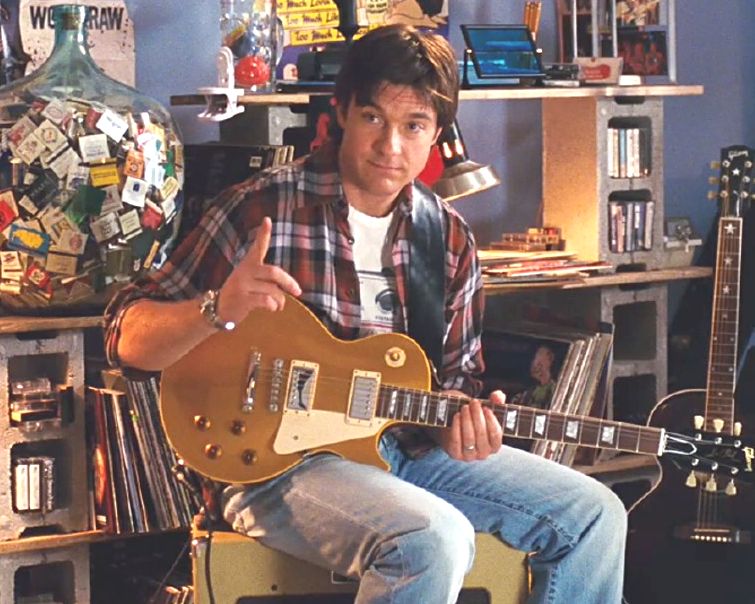 Jason Bateman as Mark Loring in "Juno".
Jason Bateman as Mark Loring in "Juno".
"So much of rock and roll is contextual and context is a really hard thing to subvert. Art doesn't exist in discreet moments in time. Its context is more expansive than that. The world will make something out of it over a day, or a hundred years".
-Jeff Tweedy (leader of Wilco).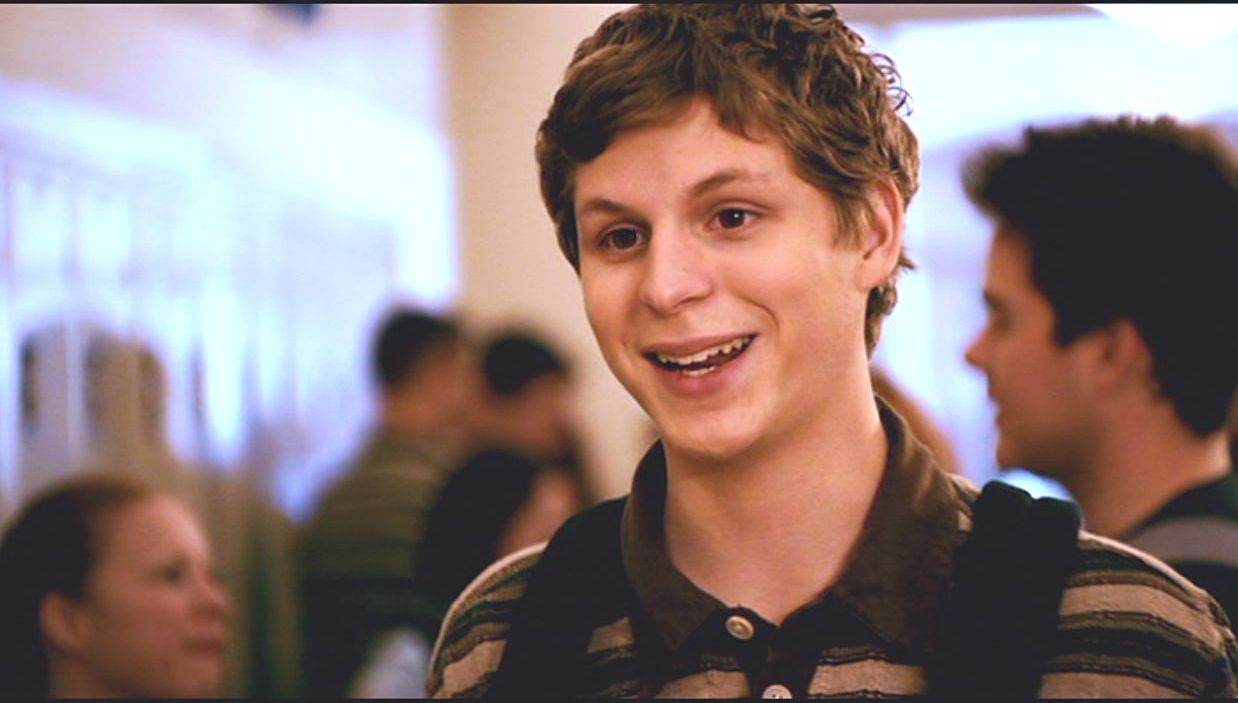 "The candid glimpses of Seth and Evan awkwardly conversing with the girls in the hallways and classrooms are brilliantly deadpan; the desire to avert your eyes from the screen rivals one's curiosity of seeing the cringe-inducing episode in all of its glory". Source: www.lucidscreening.com
"The candid glimpses of Seth and Evan awkwardly conversing with the girls in the hallways and classrooms are brilliantly deadpan; the desire to avert your eyes from the screen rivals one's curiosity of seeing the cringe-inducing episode in all of its glory". Source: www.lucidscreening.com
"Hammett left school at age 13 and took a series of low-paying jobs, eventually landing at Pinkerton's detective agency. He worked as a detective for eight years and turned his experiences into fiction that set the mold for later writers like Raymond Chandler. Hammett's deadpan description of violent or emotional events came to be known as the "hard-boiled" style of detective 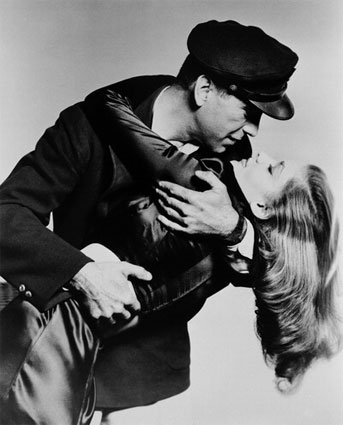 fiction. Hammett published short stories in his characteristic deadpan style, starting in 1929 with Fly Paper. He published two novels in the same style that year, Red Harvest and The Dain Curse. The following year, he published The Maltese Falcon, which introduced detective Sam Spade".
fiction. Hammett published short stories in his characteristic deadpan style, starting in 1929 with Fly Paper. He published two novels in the same style that year, Red Harvest and The Dain Curse. The following year, he published The Maltese Falcon, which introduced detective Sam Spade".
Source: www.history.com "Twain's series of poses and unveilings, Knoper asserts, came from an attempt by a white, middle-class male to find his concept of self in the midst of gender, class, and racial identities in a largely unstable social environment. Like Reynolds, Knoper sees Twain's culture as a merging of high brow and popular cultures, but emphasizes the bourgeois tendencies of an America wanting to see performances mixing caricature with pathos and resonating orality with deadpan humor". Source: www.twainweb.net
"Twain's series of poses and unveilings, Knoper asserts, came from an attempt by a white, middle-class male to find his concept of self in the midst of gender, class, and racial identities in a largely unstable social environment. Like Reynolds, Knoper sees Twain's culture as a merging of high brow and popular cultures, but emphasizes the bourgeois tendencies of an America wanting to see performances mixing caricature with pathos and resonating orality with deadpan humor". Source: www.twainweb.net
"Twain often included a shortened version of the jumping frog story in his lectures and readings, his deadpan delivery making it even funnier. He understood that an audience was much more likely to laugh at his stories if he gave no indication that he understood the underlying meaning or humor. Twain was also the master of the pause. One night he walked out on stage, stared at the audience and said nothing. As the silence continued, tension built until someone in the crowd snickered".
Source: www.pbs.org
“Superbad” soon wants to be many things, like a person who won’t let the party end; but it’s always ferociously first-class when it’s just lounging around strange and funny. This is a sharply observed blast of ribald escapism, one of the best teen-centric films ever made. Source: filmjerk.com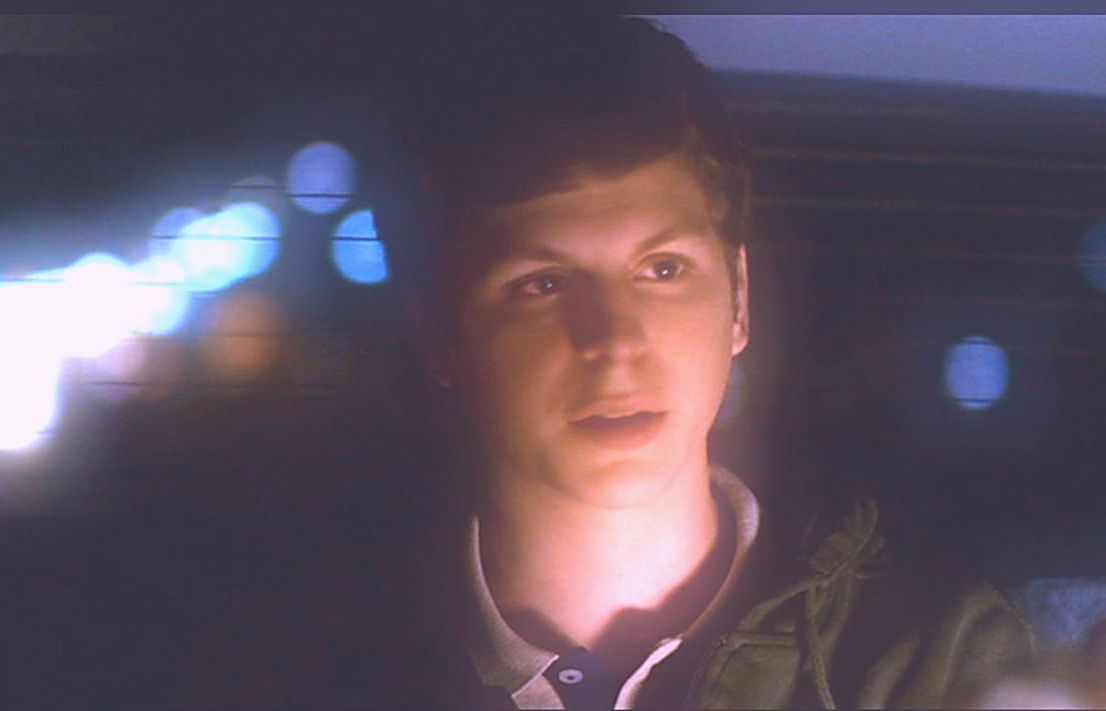 "Cera and Hill go on an adventure of Homeric proportions to get liquor and get to the party while their friendship slowly unravels. Superbad is one long coitus interruptus, a dry-dream nightmare" Source: cinepinion.blogspot.com
"Cera and Hill go on an adventure of Homeric proportions to get liquor and get to the party while their friendship slowly unravels. Superbad is one long coitus interruptus, a dry-dream nightmare" Source: cinepinion.blogspot.com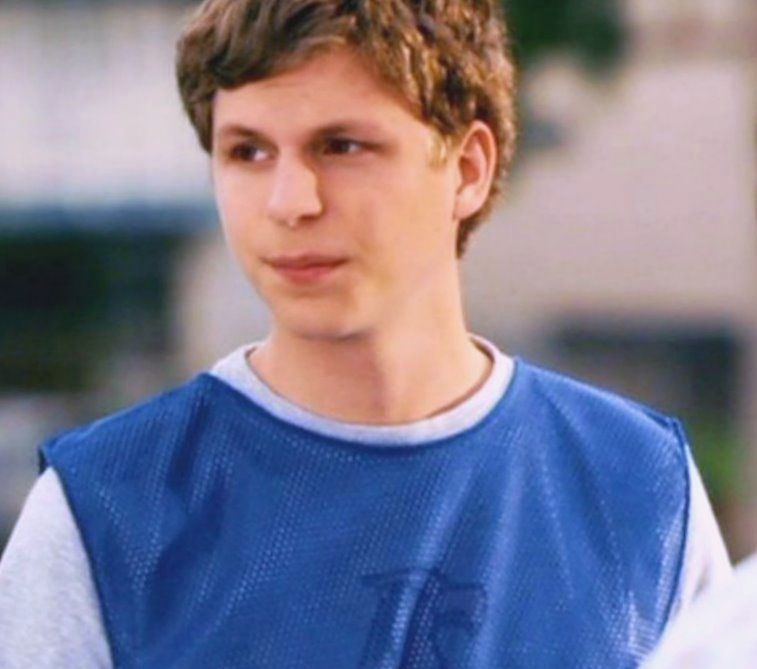 "The high school details are insane; Rogan and Goldberg know precisely where to reach when encapsulating the fears and social anxiety that absorb Seth and Evan at every stop, setting them loose inside this uproarious “Alice in Wonderland” nighttime journey where the promise of legendary sexual conquest propels them through misadventures of every sort"
"The high school details are insane; Rogan and Goldberg know precisely where to reach when encapsulating the fears and social anxiety that absorb Seth and Evan at every stop, setting them loose inside this uproarious “Alice in Wonderland” nighttime journey where the promise of legendary sexual conquest propels them through misadventures of every sort"
Source: www.filmjerk.com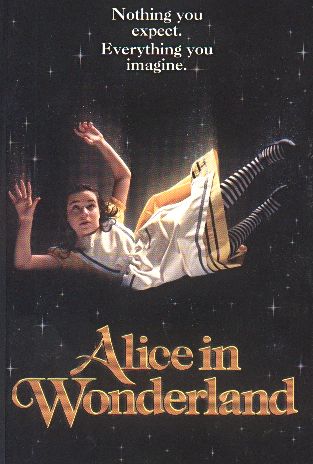 From the Epilogue to "Through the Looking-Glass":
From the Epilogue to "Through the Looking-Glass":
"She still haunts me, phantomwise,
Alice moving under skies
Never seen by waking eyes.
Children yet, the tale to hear,
Eager eye and willing ear,
Lovingly shall nestle near.
In Wonderland they lie,
Dreaming as the days go by,
Dreaming as the summers die:
Ever drifting down the stream -
Lingering in the golden gleam -
Life, what is it but a dream?"
Source: home.clara.net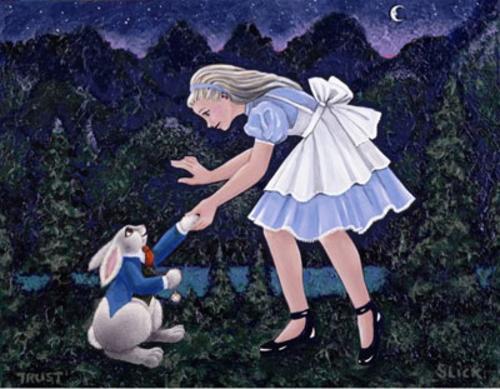 "After a while the noise seemed gradually to die away, till all was dead silence, and Alice lifted up her head in some alarm. There was no one to be seen, and her first thought was that she must have been dreaming about the Lion and the Unicorn and those still lying at her feet, on which she had tried to cut the plum- cake, `So I wasn't dreaming, after all,' she said to herself, `unless -- unless we're all part of the same dream".
"After a while the noise seemed gradually to die away, till all was dead silence, and Alice lifted up her head in some alarm. There was no one to be seen, and her first thought was that she must have been dreaming about the Lion and the Unicorn and those still lying at her feet, on which she had tried to cut the plum- cake, `So I wasn't dreaming, after all,' she said to herself, `unless -- unless we're all part of the same dream".
Source: ftp.cs.indiana.edu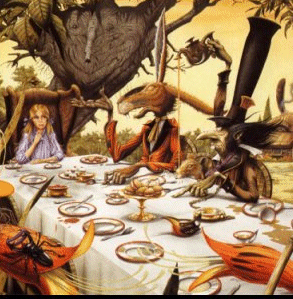 "I love the word play, the odd characters and Alice's deadpan acceptance of everything that goes on around her". Source: punkydunkyworld.blogspot.com
"I love the word play, the odd characters and Alice's deadpan acceptance of everything that goes on around her". Source: punkydunkyworld.blogspot.com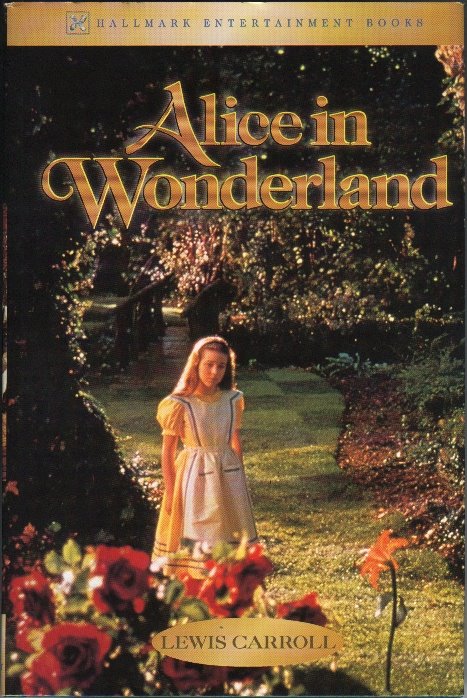 "George Wendt and Robbie Coltrane portray Tweedledum and Tweedledee in amusingly deadpan fashion. Gene Wilder is a rather mild-mannered Mock Turtle. Peter Ustinov is a show-stealing Walrus, and Christopher Lloyd is an acceptable White Knight. Finally, there is Tina Majorino as Alice, who doesn't appear to me as ingenuous as Carroll imagined her and who seems oddly unaffected most of the time. Nevertheless, she struggles onward, allowing her magical world and its eccentric creatures to carry the day". Source: www.dvdtown.com
"George Wendt and Robbie Coltrane portray Tweedledum and Tweedledee in amusingly deadpan fashion. Gene Wilder is a rather mild-mannered Mock Turtle. Peter Ustinov is a show-stealing Walrus, and Christopher Lloyd is an acceptable White Knight. Finally, there is Tina Majorino as Alice, who doesn't appear to me as ingenuous as Carroll imagined her and who seems oddly unaffected most of the time. Nevertheless, she struggles onward, allowing her magical world and its eccentric creatures to carry the day". Source: www.dvdtown.com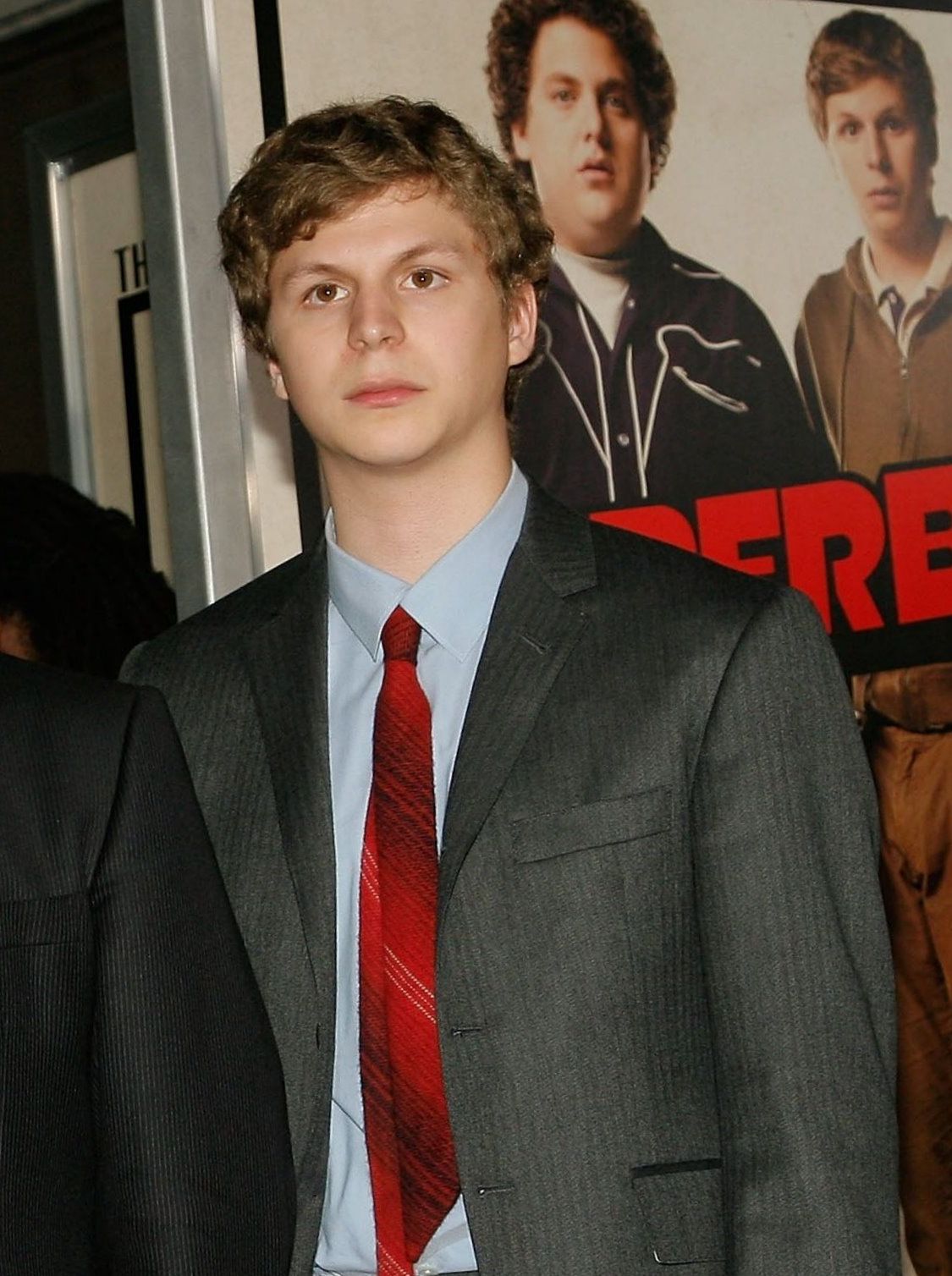 "Cera, of course, again proves himself a master of deadpan, a kind of modern-day Buster Keaton whose slightest gesture, the flicker of change in a facial expression, communicates every thought in his character's head and feeling in his heart".
"Cera, of course, again proves himself a master of deadpan, a kind of modern-day Buster Keaton whose slightest gesture, the flicker of change in a facial expression, communicates every thought in his character's head and feeling in his heart".
Source: sfisonline.com "Both Downey and Dennings have a deadpan delivery that simultaneously adds substance and well-earned humor to the movie. Also, Charlie Bartlett does a nice job of raising several complex questions surrounding the modern methods of child psychology". Source: www.thedeadbolt.com
"Both Downey and Dennings have a deadpan delivery that simultaneously adds substance and well-earned humor to the movie. Also, Charlie Bartlett does a nice job of raising several complex questions surrounding the modern methods of child psychology". Source: www.thedeadbolt.com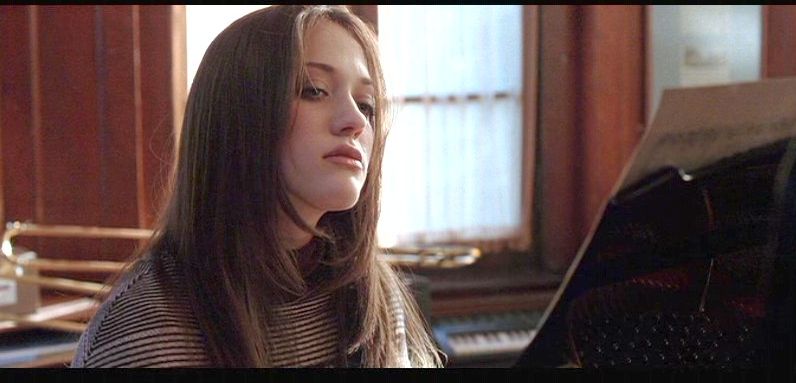 "I wanted the Sloane character to be kind of deadpan, yet beautiful" says director McNamara. "In the script she is a self-taught, incredible piano player, and Kat Dennings possessed all those qualities. She also can give you this great poker face and yet still be riveting at the same time".
"I wanted the Sloane character to be kind of deadpan, yet beautiful" says director McNamara. "In the script she is a self-taught, incredible piano player, and Kat Dennings possessed all those qualities. She also can give you this great poker face and yet still be riveting at the same time".
Source: www.hollywoodjesus.com
"Despite his shyness, Cera, who will appear this fall in the film adaptation of the young-adult novel Nick and Norah’s Infinite Playlist, can dole out some of the best deadpan in the biz, and his scenes—even those brimming with crude jokes—possess a certain poignance". Source: www.wmagazine.com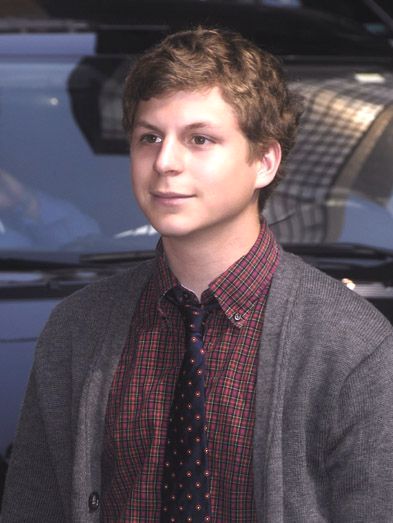 "It kind of evenly tells the story from both mine and Kat's point of view, so guys and girls will equally be able to relate to it, and that's how the book is too", Cera said. The novel on which the movie is based was written by two authors, Rachel Cohn and David Levithan, and is told from two different points of view in alternating chapters". Source: www.mtv.com
"It kind of evenly tells the story from both mine and Kat's point of view, so guys and girls will equally be able to relate to it, and that's how the book is too", Cera said. The novel on which the movie is based was written by two authors, Rachel Cohn and David Levithan, and is told from two different points of view in alternating chapters". Source: www.mtv.com
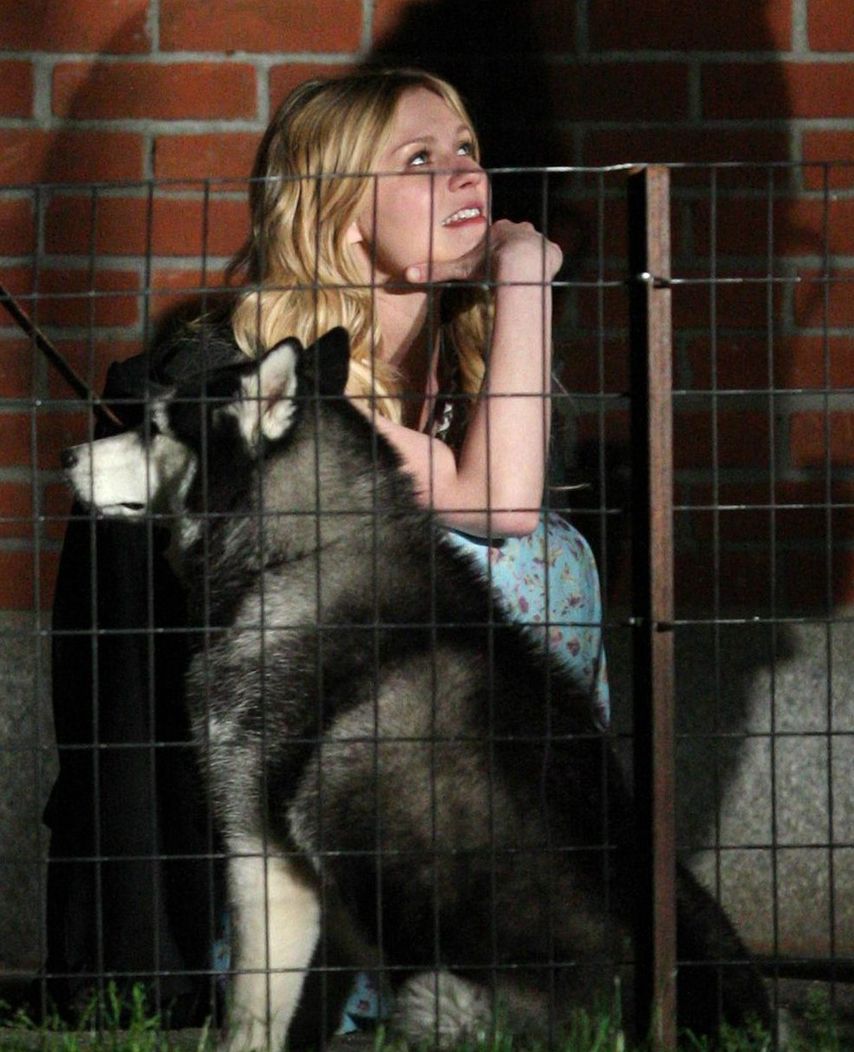
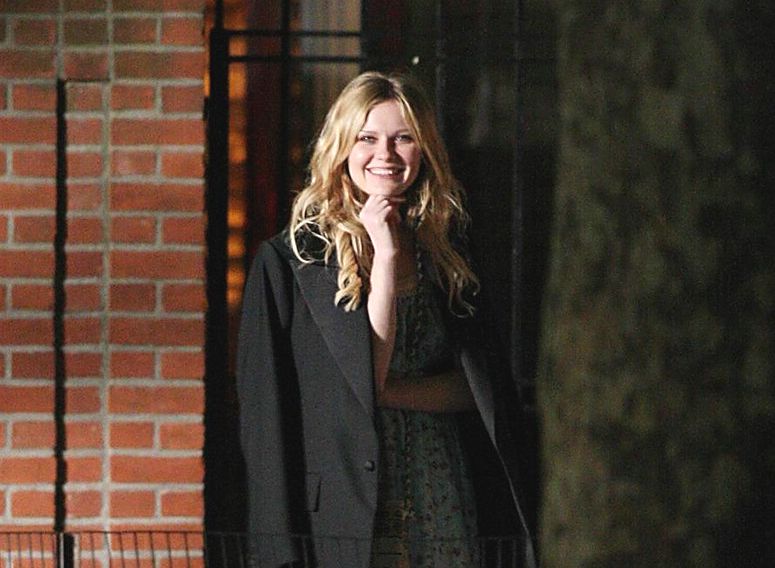
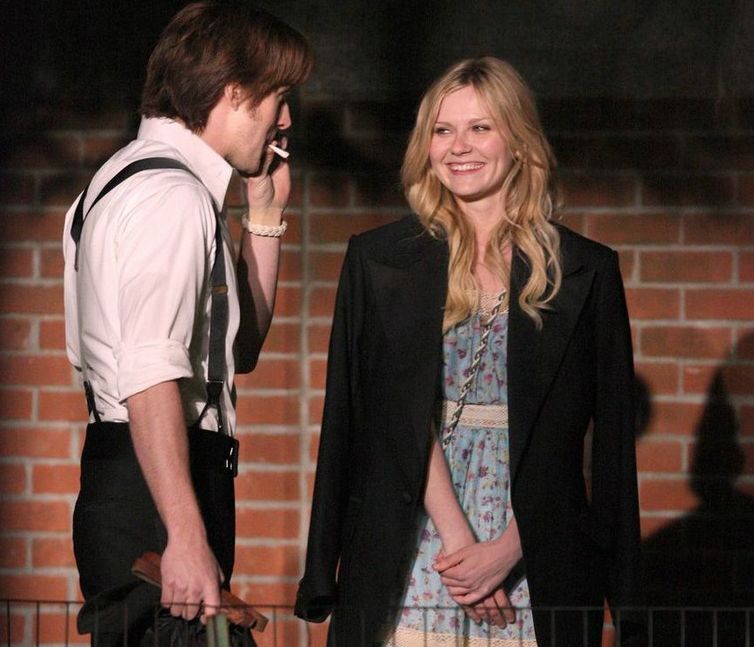
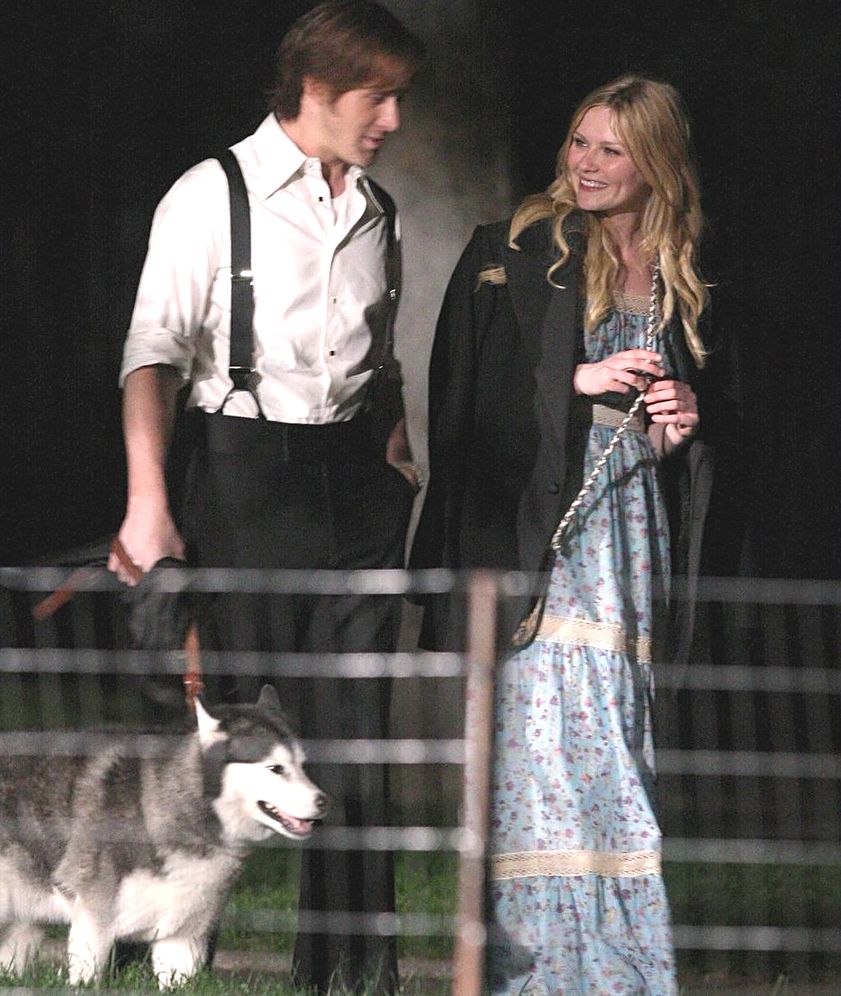
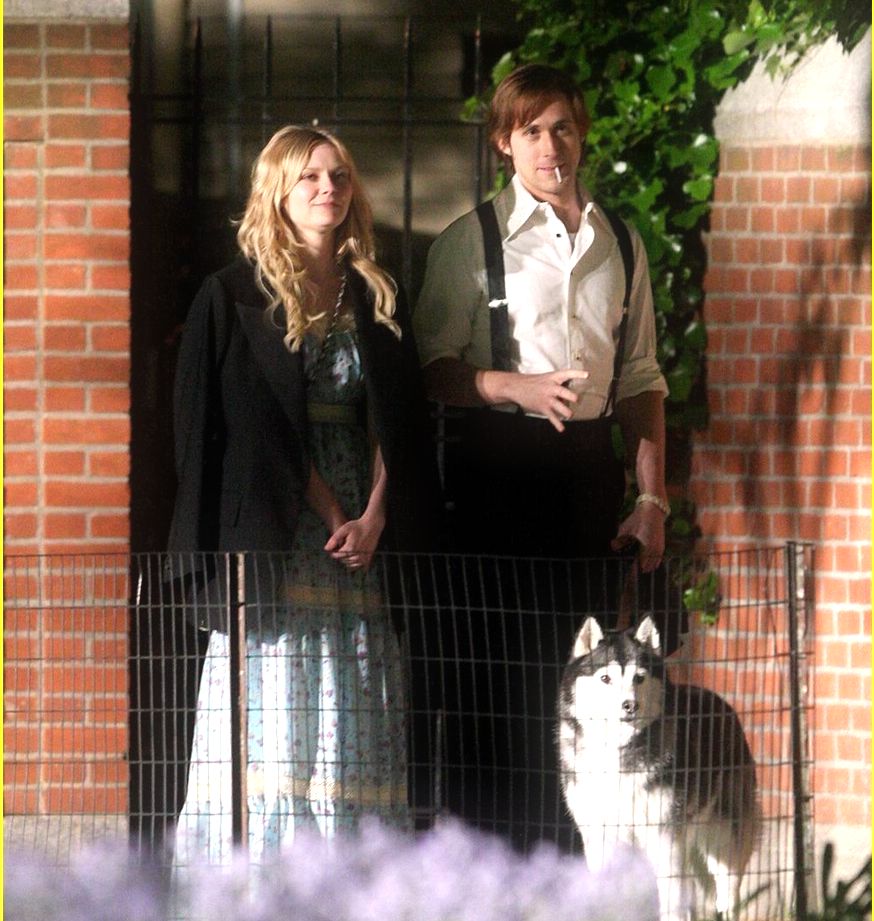 Source of pictures Justjared.com
Source of pictures Justjared.com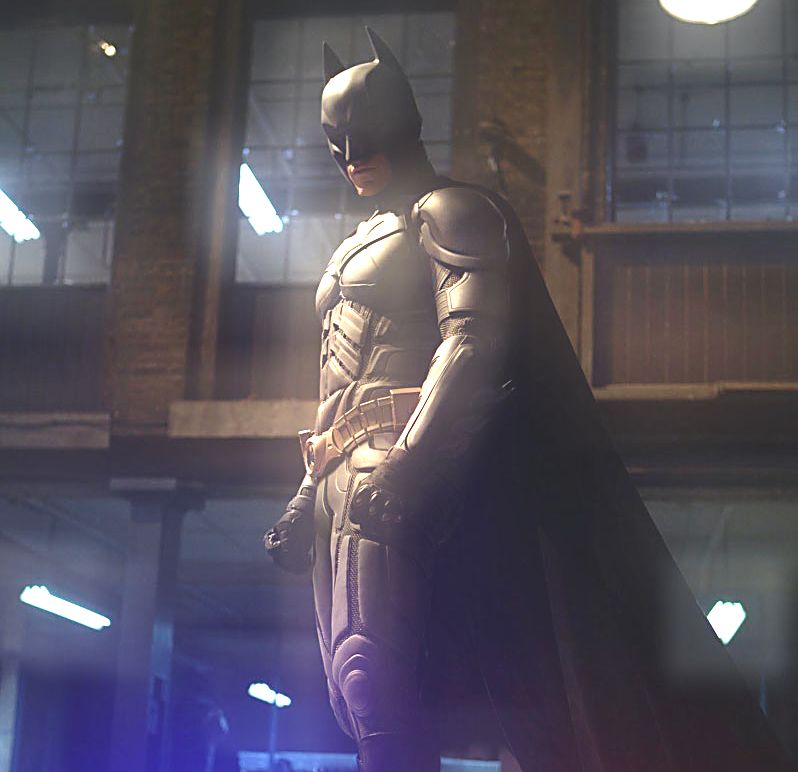 "Dark Knight star Christian Bale recalls his costar Heath Ledger as "intense" and "anarchistic" on the set of the set of the late actor's
"Dark Knight star Christian Bale recalls his costar Heath Ledger as "intense" and "anarchistic" on the set of the set of the late actor's 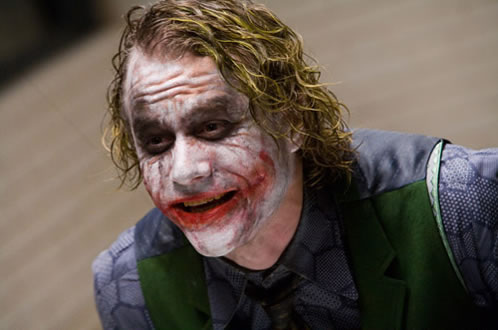 last movie. "He was incredibly intense in his performance, but incredibly mellow and laid-back. Certainly there was this great anarchistic streak to it – just getting dirtier than anybody's envisioned the Joker before," Bale, 34, tells Details magazine.
last movie. "He was incredibly intense in his performance, but incredibly mellow and laid-back. Certainly there was this great anarchistic streak to it – just getting dirtier than anybody's envisioned the Joker before," Bale, 34, tells Details magazine.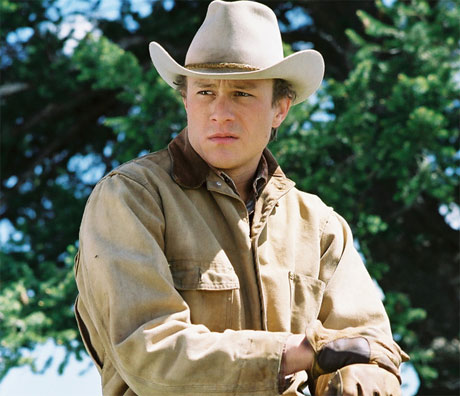 Ledger died on Jan. 22 of a prescription-drug overdose at the age of 28. And Bale laments that the film "was something I wanted to share with him – and expected to do so."
Ledger died on Jan. 22 of a prescription-drug overdose at the age of 28. And Bale laments that the film "was something I wanted to share with him – and expected to do so."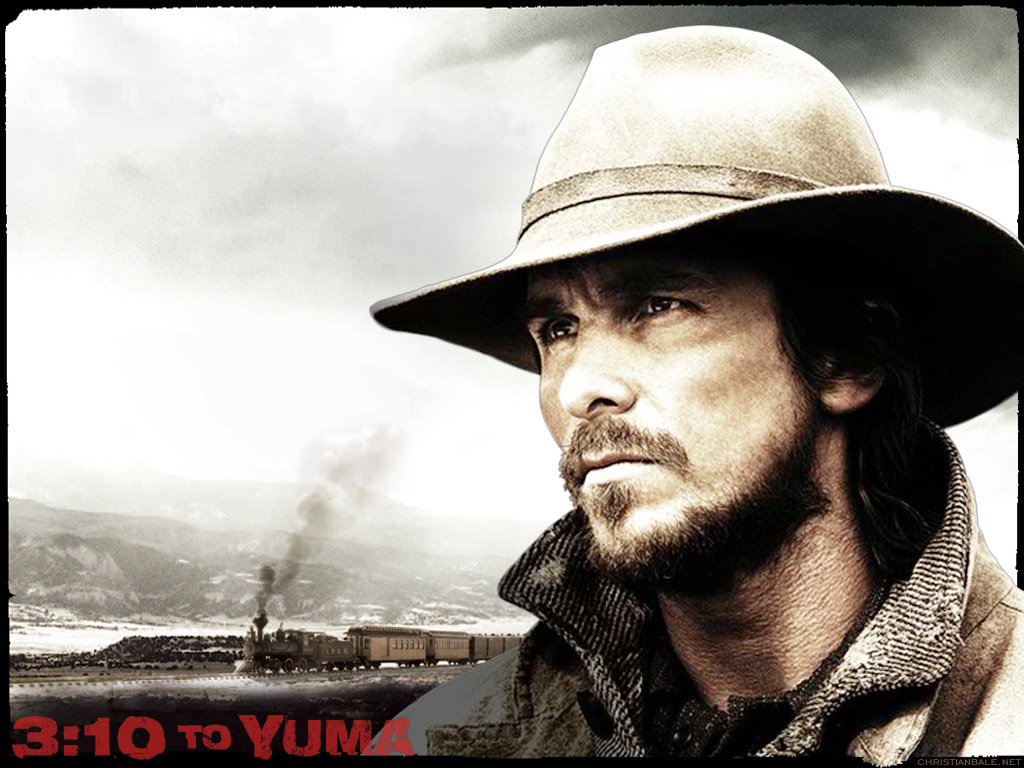 Bale adds that he almost never donned the Batsuit at all because of a deep-seated fear in closed spaces.
Bale adds that he almost never donned the Batsuit at all because of a deep-seated fear in closed spaces.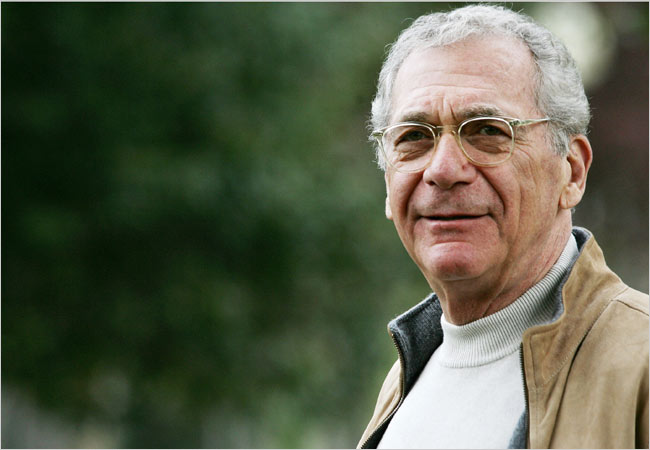 "Director, actor and producer Sydney Pollack -- who died Monday, at age 73 -- made some terrific movies and some that were not so hot. But his death represents a loss the meaning of which isn't immediately apparent, at least not until you start fitting it into the context of what mainstream Hollywood filmmaking used to be, and what it has become.
"Director, actor and producer Sydney Pollack -- who died Monday, at age 73 -- made some terrific movies and some that were not so hot. But his death represents a loss the meaning of which isn't immediately apparent, at least not until you start fitting it into the context of what mainstream Hollywood filmmaking used to be, and what it has become. In Stanley Kubrick's "Eyes Wide Shut," Pollack should have been scarcely believable as a sleazy zillionaire who runs a sordid sex ring. But even though Pollack is an inherently warm presence in any movie, warmth isn't the same as likability, and his performance in "Eyes Wide Shut" reminds us of that: Pollack has always played people, not qualities (greed, lust, what have you), and even though you or I may not know what Pollack was really like as a human being, it's always been clear that he's found the key to each role deep inside himself: His performance in "Eyes Wide Shut" stings even more because it's Sydney Pollack up there: a man who ought to be considered a monster also has a face you can't help trusting.
In Stanley Kubrick's "Eyes Wide Shut," Pollack should have been scarcely believable as a sleazy zillionaire who runs a sordid sex ring. But even though Pollack is an inherently warm presence in any movie, warmth isn't the same as likability, and his performance in "Eyes Wide Shut" reminds us of that: Pollack has always played people, not qualities (greed, lust, what have you), and even though you or I may not know what Pollack was really like as a human being, it's always been clear that he's found the key to each role deep inside himself: His performance in "Eyes Wide Shut" stings even more because it's Sydney Pollack up there: a man who ought to be considered a monster also has a face you can't help trusting. The list of wonderful Pollack performances, including his turn as a crusty, seen-it-all lawyer in "Michael Clayton" (which he also produced), is too long to detail. He has often been marvelous in his own movies, including, of course, his performance in "Tootsie" as the agent who keeps the ego of Dustin Hoffman's title character in check. But I feel bereft knowing that he will never again pop up in some otherwise dismal picture, as he did most recently in "Made of Honor," as Patrick Dempsey's addicted-to-marriage dad. Pollack had crummy lines, including some dumb sex jokes, but the performance is ultimately so tender and so carefully shaped (despite the fact that it consists of only a few scenes) that, 10 years from now, I know it's the only thing I'll remember from the movie.
The list of wonderful Pollack performances, including his turn as a crusty, seen-it-all lawyer in "Michael Clayton" (which he also produced), is too long to detail. He has often been marvelous in his own movies, including, of course, his performance in "Tootsie" as the agent who keeps the ego of Dustin Hoffman's title character in check. But I feel bereft knowing that he will never again pop up in some otherwise dismal picture, as he did most recently in "Made of Honor," as Patrick Dempsey's addicted-to-marriage dad. Pollack had crummy lines, including some dumb sex jokes, but the performance is ultimately so tender and so carefully shaped (despite the fact that it consists of only a few scenes) that, 10 years from now, I know it's the only thing I'll remember from the movie.

